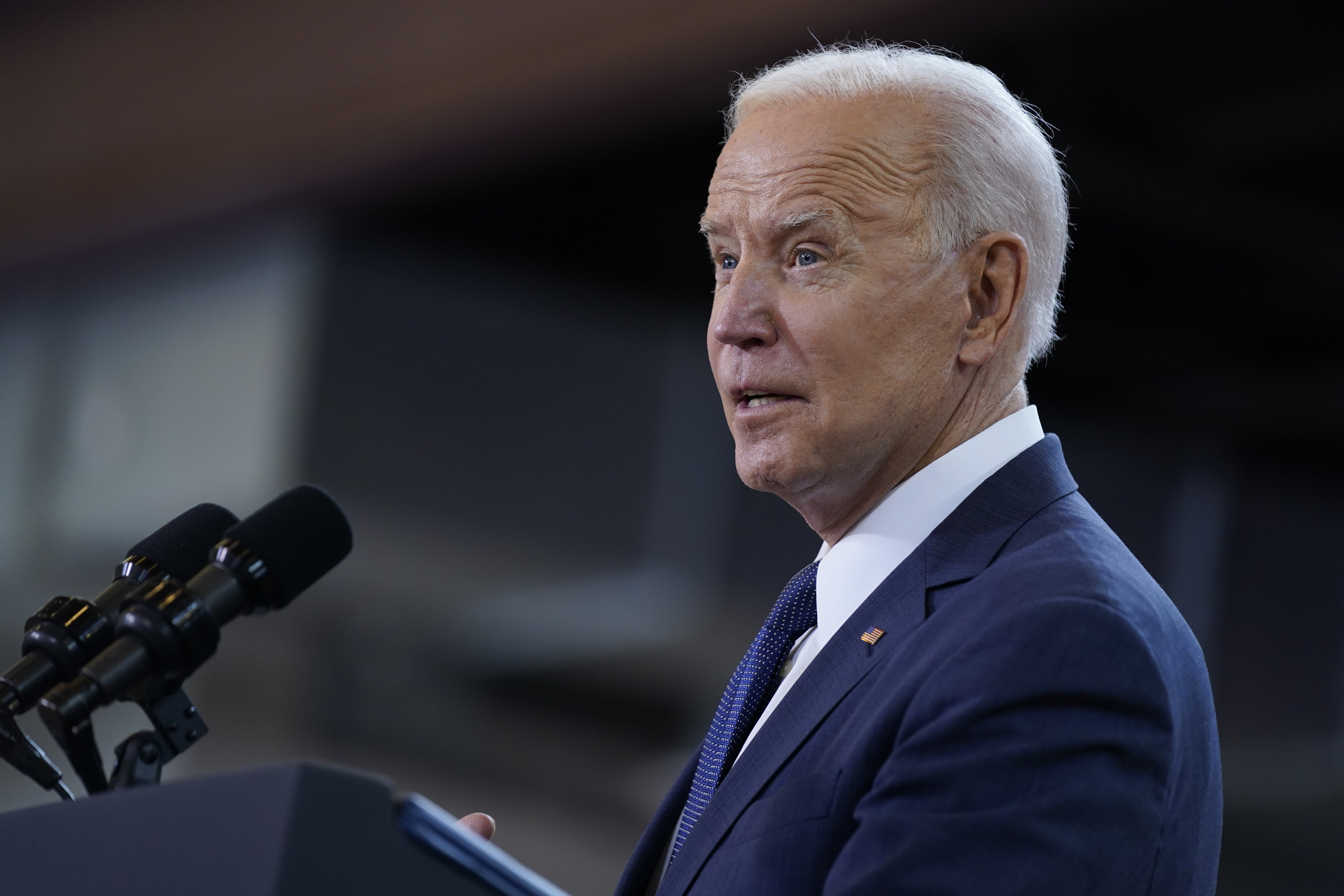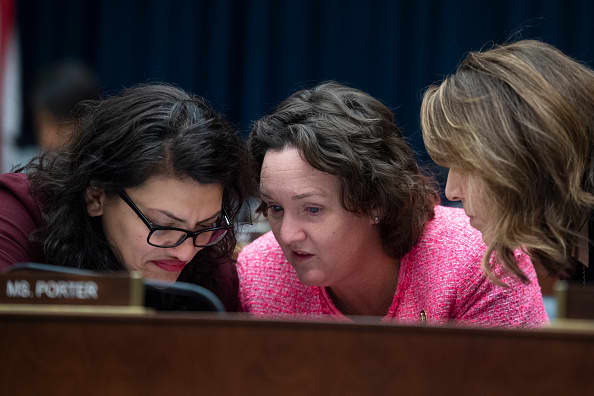Child care advocates are thrilled to hear that Massachusetts Rep. Richard Neal, controller of the House of Representatives' purse strings, has prioritized guaranteed child care and the right to paid family and medical leave for every worker in the federal infrastructure bill Democrats are trying to pass.
“Child care is fundamental for many families. This is going to be some relief and change that has been long overdue,” said Jynai McDonald, a child care specialist with SEIU local 509, which represents nearly 20,000 human service workers and educators.
She said that Massachusetts has some of the highest child care costs in the country, with the average family paying 15 to 20% of their income toward child care.
“Many of our providers specifically, even family child care, providers are primarily women, more than half of them are women of color. So this is also about equity,” she added.
Get New England news, weather forecasts and entertainment stories to your inbox. Sign up for NECN newsletters.
President Joe Biden is pushing his $2 trillion infrastructure proposal, the American Jobs Plan, in hopes of passing getting it passed through Congress. It includes things like child care, home care and family leave, but opponents say those are Democrats' wish-list items that don’t belong in what they see as a transportation bill.
“If we can figure out a way to do a paid-for, arguably more modest approach, I’d be open to it, but not what I think they’re peddling,” Senate Minority Leader Mitch McConnell said.
Advocates say it is not at all a stretch for legislation allowing working parents to stay employed to be part of an infrastructure bill.
Neal said all Americans would benefit because, without this investment, the nation is at a competitive disadvantage.
“If women don’t have child care, parents don’t have child care, they can’t go to work just as much as a worker who can’t go to work if they don’t have a road,” said Rep. Katie Porter, D-Calif.
UMass Boston Professor Travis Johnston said the debate over what counts as infrastructure “is something we’re going to be talking about for the next year.”
In recent years, he said, the process has been used by both Republican and Democratic administrations before, “as partisan gridlock has meant it’s impossible to get the 60 votes necessary to pass” legislation the traditional way.



